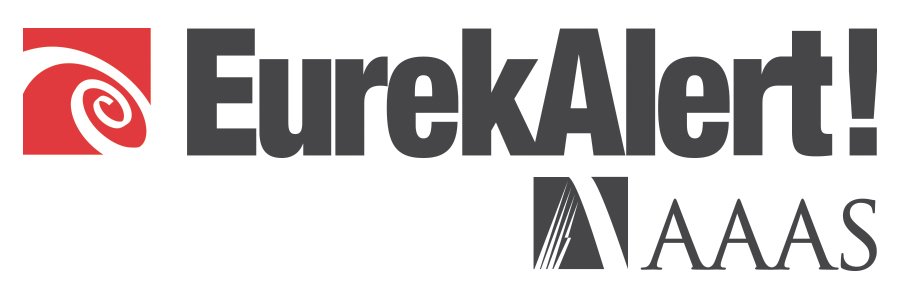The Hierarchy of Countries Winning Nobels in the Sciences Is Shifting
Nobel-prize data suggest the productivity of American science has fallen.
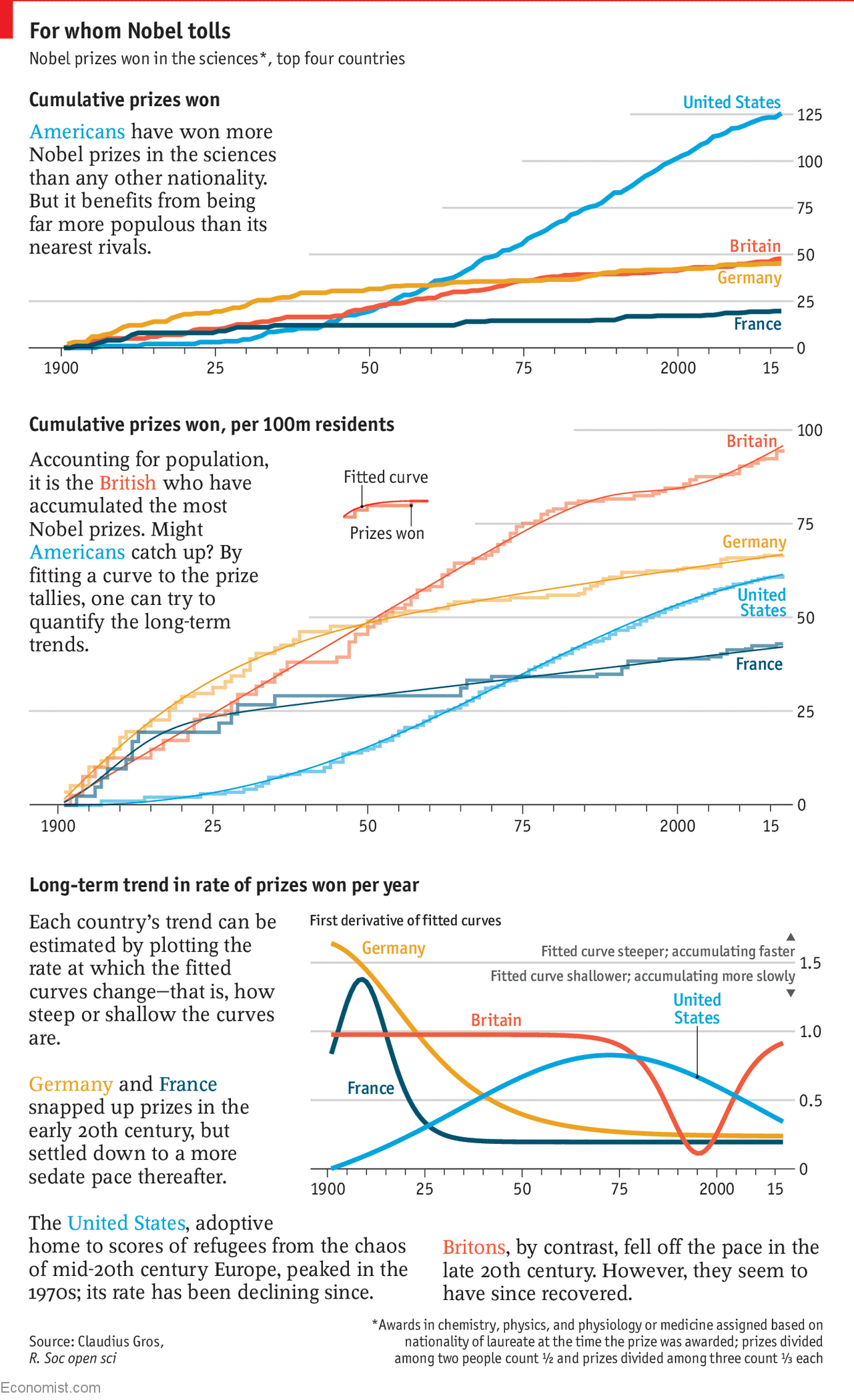
Send us a link
Nobel-prize data suggest the productivity of American science has fallen.

EU research ministers will meet at the end of the month to debate how the EU’s next R&D programme, Horizon Europe, can help address the bloc’s societal and economic challenges.
International research collaborations could end in wake of US President Donald Trump’s decision.
The isolated nation publishes fewer than 100 scholarly articles a year - but as political tensions thaw, researchers hope for greater collaboration.
In an uncertain world, more governments are asking universities to help develop weapons. That’s a threat to the culture and conscience of researchers.
Publication will highlight pioneering work of scientists searching for cures to diseases like HIV and malaria and solutions to climate change.

As the U.S. and China threaten to impose tariffs on goods from aluminum to wine, the two nations are waging a separate economic battle that could determine who owns the next wave of computing.

The scientists, from the UK, Canada, Australia and other Commonwealth countries, warn that stronger measures are needed to keep global warming under 2 degrees.
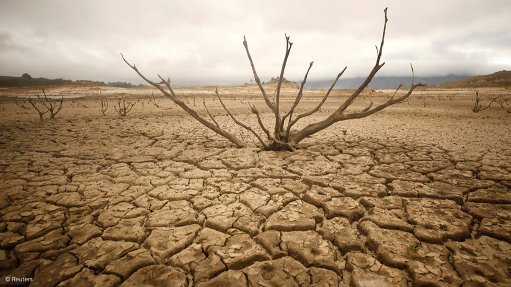
The United States and South Korea have the highest tendencies for novel science. China has become a leader in favoring newer ideas when working with basic science ideas and research tools, but is still slow to adopt new clinical ideas. Many locations remain far behind the leaders in terms of their tendency to work with novel ideas.
Scholars and political leaders describe increasing concerns about Chinese government influence over teaching and research in the U.S. and Australia.
Science funding in Brazil appears frozen at 2017 amounts - its lowest level in 10 years, despite promises of a 40% increase.
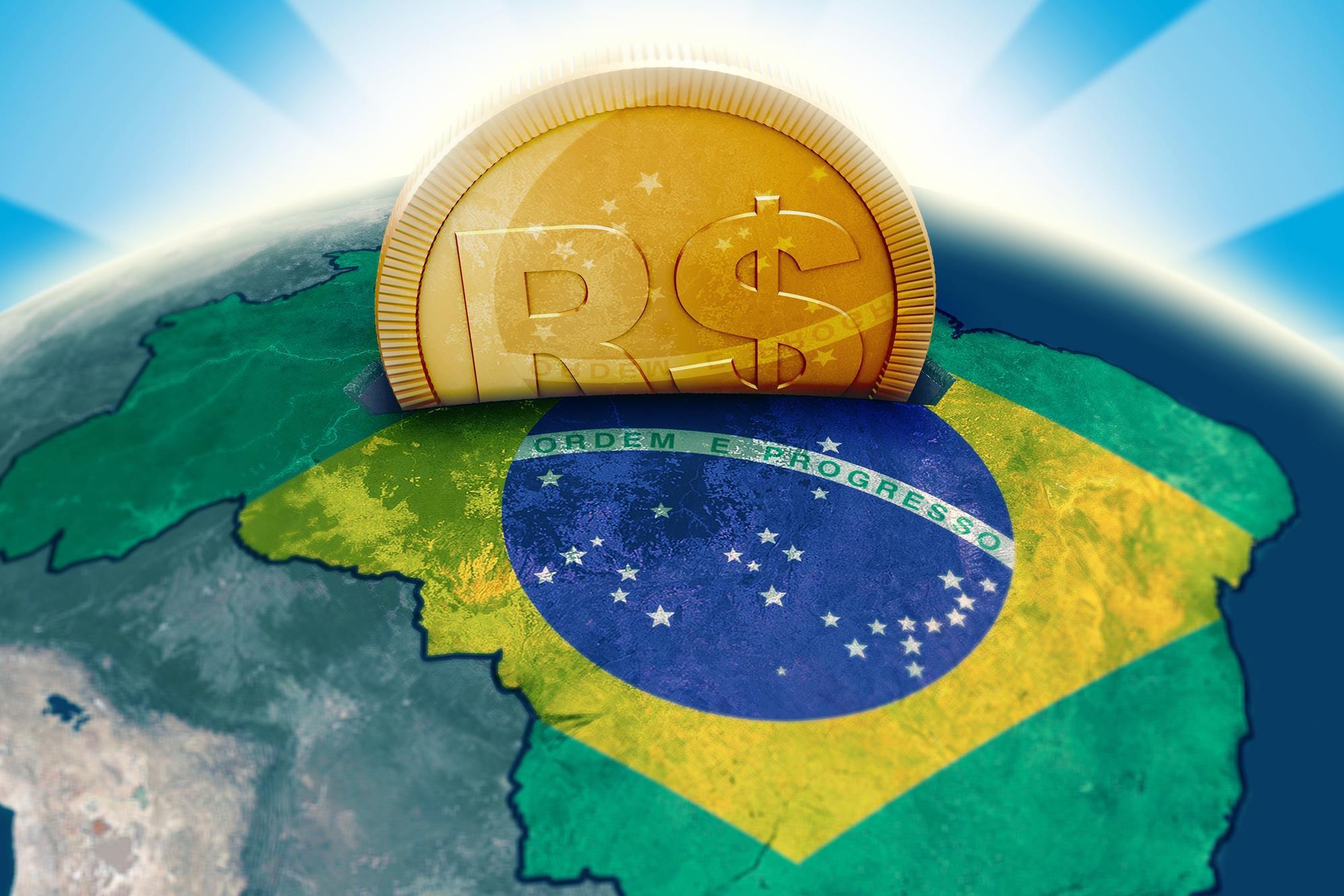
Philip Campbell to continue at publisher Springer Nature.
Lack of international representation on scientific journals' editorial boards has persisted since 1985.

As a new president takes office, scientists in the country and beyond should urge the administration to make science a priority, says Dexter Tagwireyi.
About 40 scientific unions and associations plus 140 national and regional science academies and research councils will be subsumed under the umbrella organisation.
Ahmadreza Djalali, a researcher in disaster medicine, has 20 days to appeal against his death sentence.
Federal spending on science has dropped by half in 5 years.
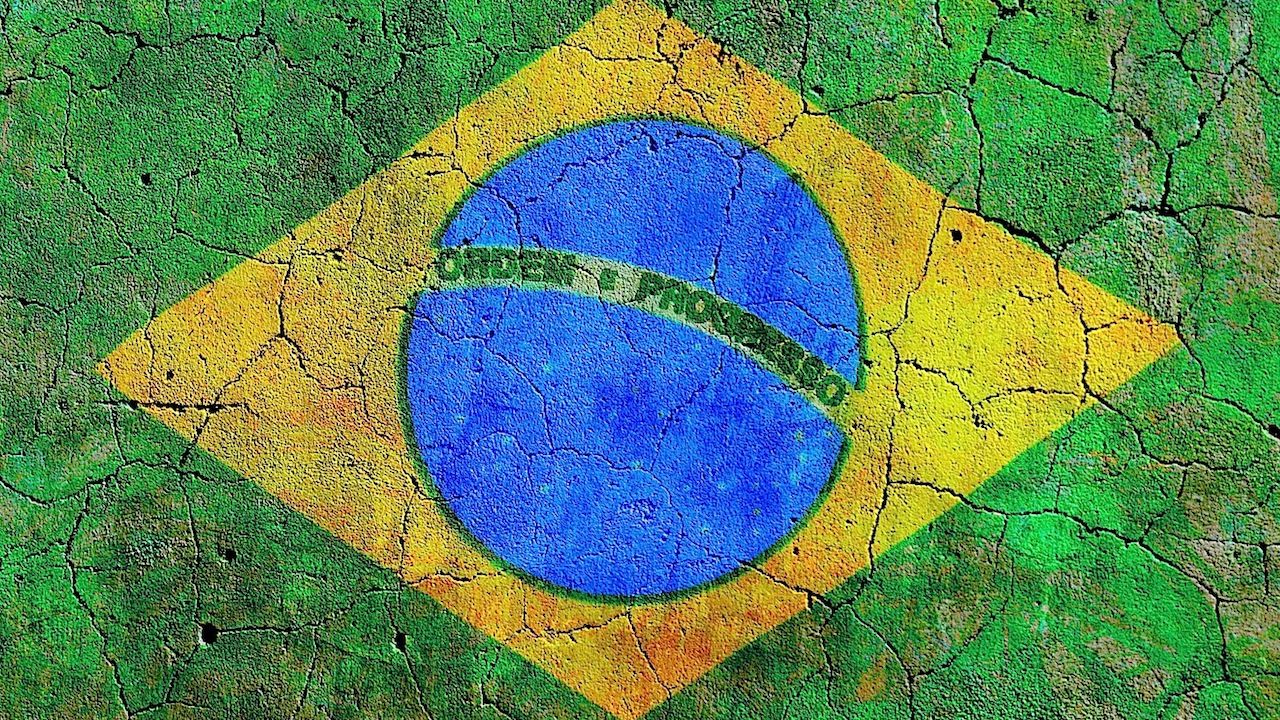
If officials don't act soon, research institutions could start shutting down next year.

The G7 countries have agreed to explore ways of cooperating to fund research and innovation activities.

A clear correlation between a nation's scientific influence and the links it fosters with foreign researchers exists.
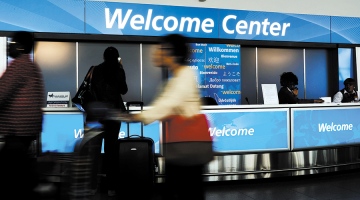
At a research facility in France 35 countries are working on a project that could transform energy.

The country wants to use a focus on research to solve its problems and build diplomatic ties in the Middle East.
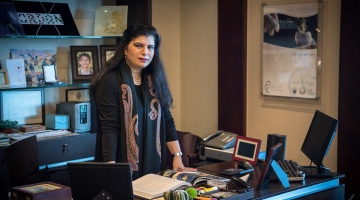
Spanish researchers are still waiting for the full implementation of a law which was approved six years ago.
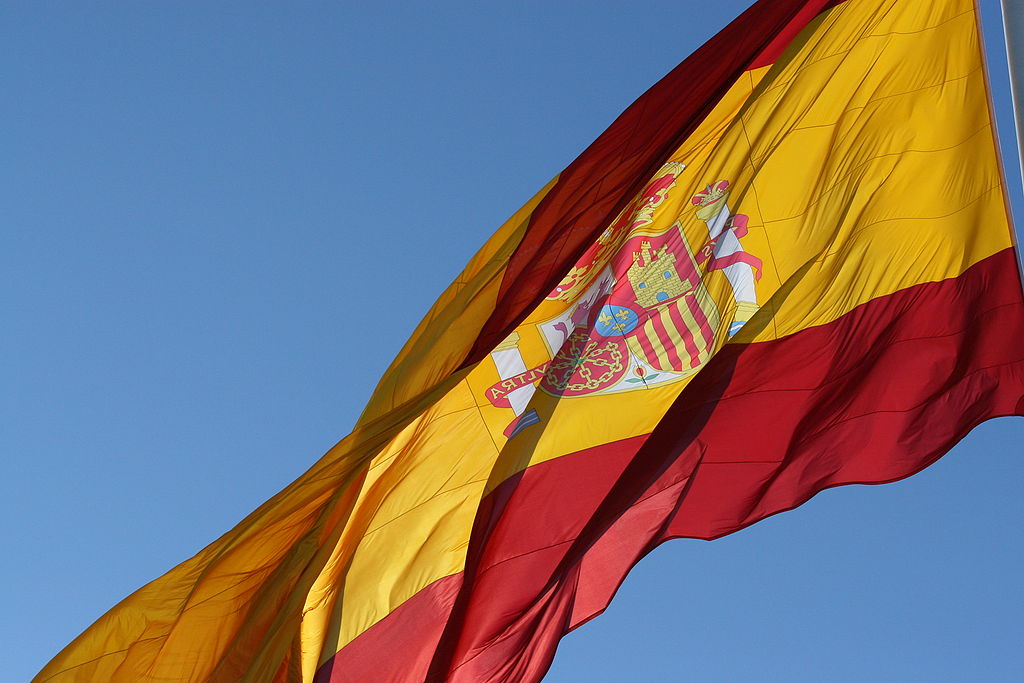
Heavy investment and low cost of living is powering a meteoric rise.

Researchers refuse to sit on evaluation panels after government bans international participation.
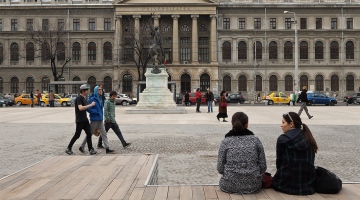
The Swedish government has changed the university law to ensure all doctoral candidates are made an employee of the university with a salary.
The latest threat to academic freedom is occurring in the heart of Europe, in Hungary.
Analysis of research performance through a gender lens across 20 years, 12 geographies, and 27 subject areas.
The region's scientists lament that their research is too often disconnected from the larger scientific world. In the age of Zika, that needs to change.

In this Policy Forum, Cong Cao and Richard P. Suttmeier highlight the immense work and challenges China will encounter as it attempts to reform its scientific and technological development strategy.
